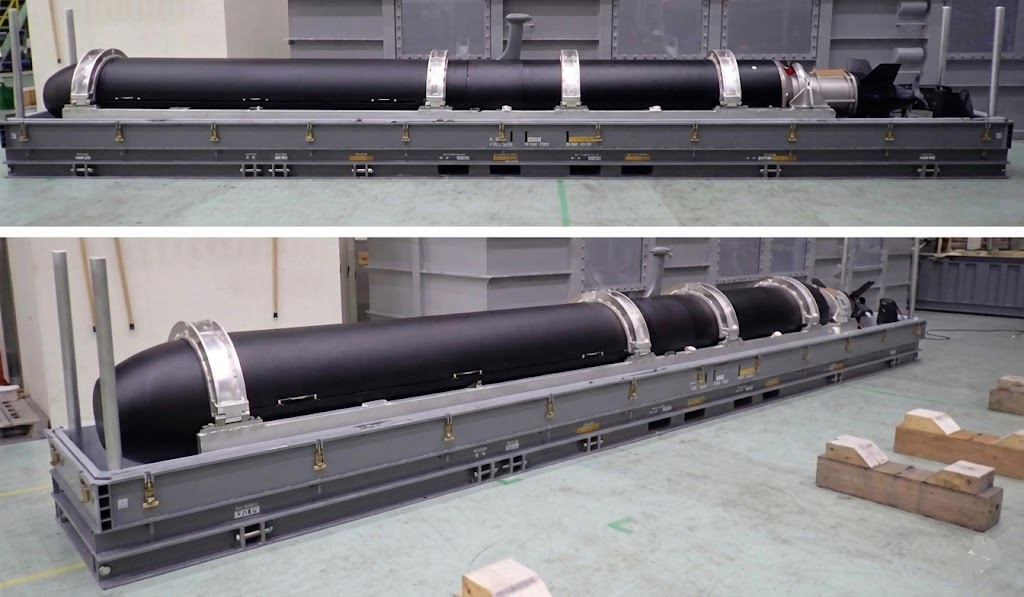UK Defense Expert Warns: Army Too Small, Needs 90,000 Regulars and 30,000 Reservists

One of Britain’s most respected defense analysts, Nicholas Drummond, has triggered a fresh debate over the country’s military preparedness, arguing that the British Army is too small and structurally flawed to meet the challenges of a more dangerous world. His comments, posted on his X (formerly Twitter) account, highlight deep concerns within the defense community about how the Army Reserve is being used and whether the U.K. can fulfill its NATO and global security commitments.
Drummond’s central warning is stark: Britain’s current land forces are not credible. With just 73,000 regular soldiers, the Army is operating far below what he considers the minimum requirement for a nation of Britain’s global stature. He suggests that at least 90,000 regulars and 30,000 reservists are necessary to provide a force capable of meaningful action in war, alongside the Royal Navy and Royal Air Force.
Why this debate has resurfaced
The backdrop is a rapidly changing security environment. Russia’s war in Ukraine has exposed how major land wars are still possible in Europe, directly threatening NATO’s eastern flank. At the same time, growing tensions in the Indo-Pacific — particularly around China and Taiwan — are stretching Western defense resources and commitments. Britain, as a key NATO member and permanent UN Security Council power, faces rising expectations to contribute not just ships and jets but also a credible ground force.
Drummond argues that the Army Reserve is being misused, forced to backfill gaps in the Regular Army instead of fulfilling its intended missions: acting as a second echelon force, supplying battlefield replacements, and enabling wartime expansion. In his view, this undermines both the Reserve’s readiness and the Regular Army’s credibility. For him, the solution is twofold: reform the Reserve so it functions as cohesive units that train and deploy together, and expand the Regular Army so it can operate independently.
Why the Army shrank in the first place
Britain’s land forces have been steadily reduced since the Cold War. At its height, the British Army had around 160,000 regulars, positioned to counter the Soviet Union in Europe. But after the Cold War ended, defense budgets shrank and priorities shifted to naval power, air superiority, and expeditionary missions in the Middle East. As an island nation, Britain historically leans on its Navy and Air Force, but this has often left the Army underfunded. Drummond acknowledges that the U.K. does not need Cold War–level manpower, but he insists that today’s 73,000 is dangerously low for NATO operations and homeland defense.
The main reason for concern
The core of Drummond’s argument is credibility. Britain has global defense responsibilities — from NATO’s collective defense commitments to overseas deployments and counterterrorism operations. If the Army is too small to deploy without relying on reserves in peacetime, then in a real emergency, there will be no second line of defense left to call upon. This structural weakness could leave Britain unable to respond decisively in a crisis.
What this means going forward
Drummond’s intervention comes at a time when NATO is pressuring allies to meet higher readiness targets, especially as deterrence against Russia requires deployable ground forces. His call for a bigger Regular Army and a reformed Reserve suggests that Britain must “bite the bullet” and increase manpower despite financial and political reluctance.
If the government takes his advice seriously, the U.K. may see a significant shift in defense policy: larger Army recruitment drives, structural reforms to the Reserve, and a renewed emphasis on land warfare, even as naval and air power remain top priorities. The debate reflects a broader question facing Britain and its allies — whether their armed forces are truly prepared for the wars of tomorrow.
About the Author
Aditya Kumar:
Defense & Geopolitics Analyst
Aditya Kumar tracks military developments in South Asia, specializing in Indian missile technology and naval strategy.






